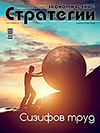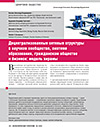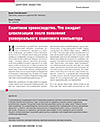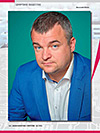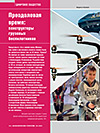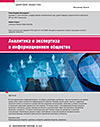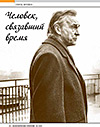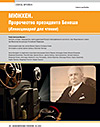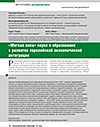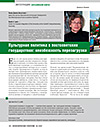Decentralized Network Structures in the Scientific Community, the Educational System, Civil Society and Business: the Hirama Model
The present work focuses on the applications of decentralized network structures with split leadership to various spheres of society. They are denoted herein as hiramas (High-Intensity Research And Management Associations). Special emphasis is placed on the use of hiramas in the organization of nontraditional interdisciplinary creative labs and NGOs in civil society, interactive teaching, and in business. It is stressed that the importance of traditional hierarchical institutions exemplified by universities and academic research institutions is not diminished by the spread of alternative decentralized network structures. Hierarchical institutions are to be held responsible for the consolidation and self-identification of the national scientific community, for furthering the interests of the scientific community in the face of external and internal challenges, and for evaluating the performance of decentralized network structures to select the hiramas that should receive material and ideological support.


